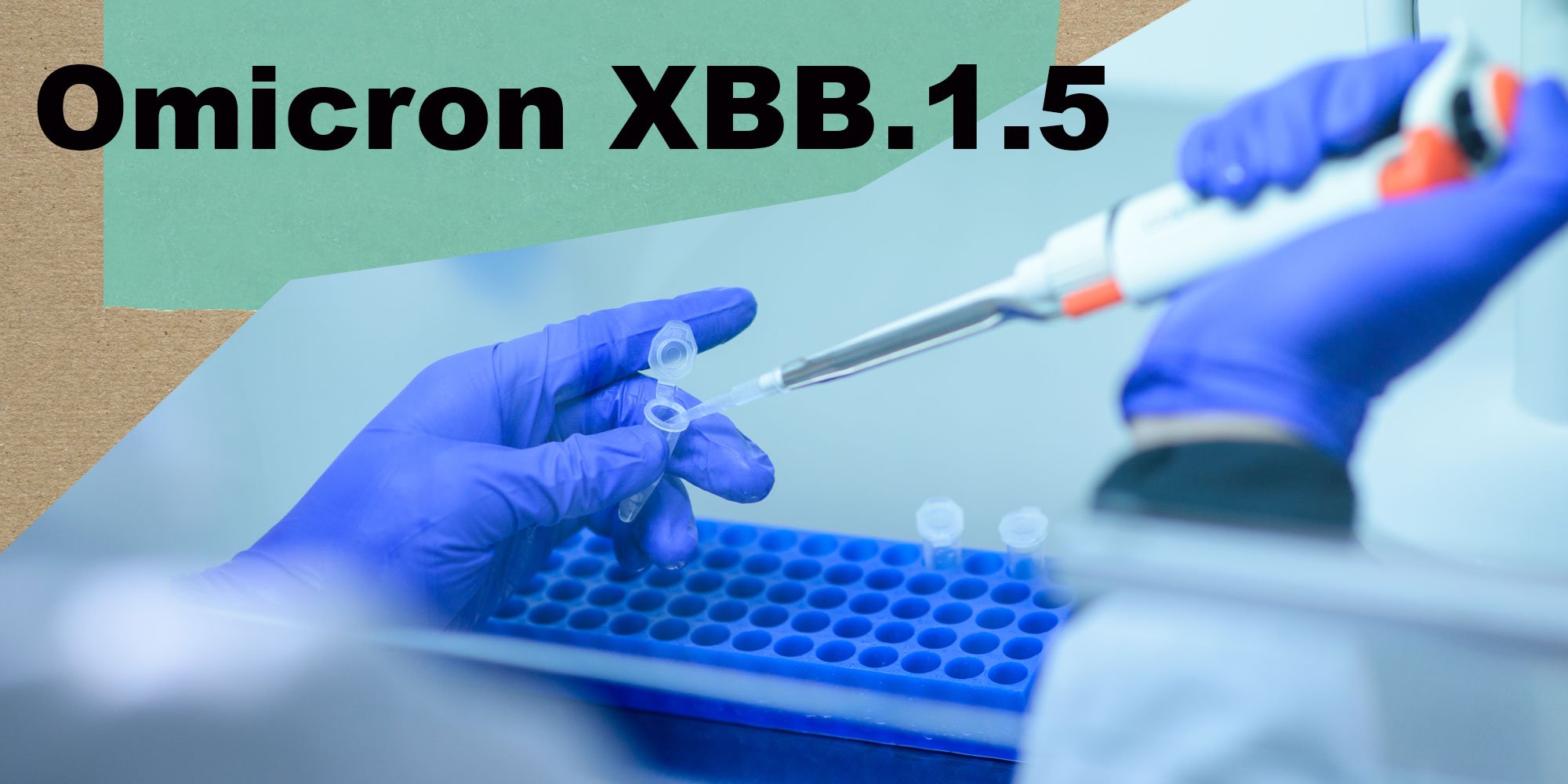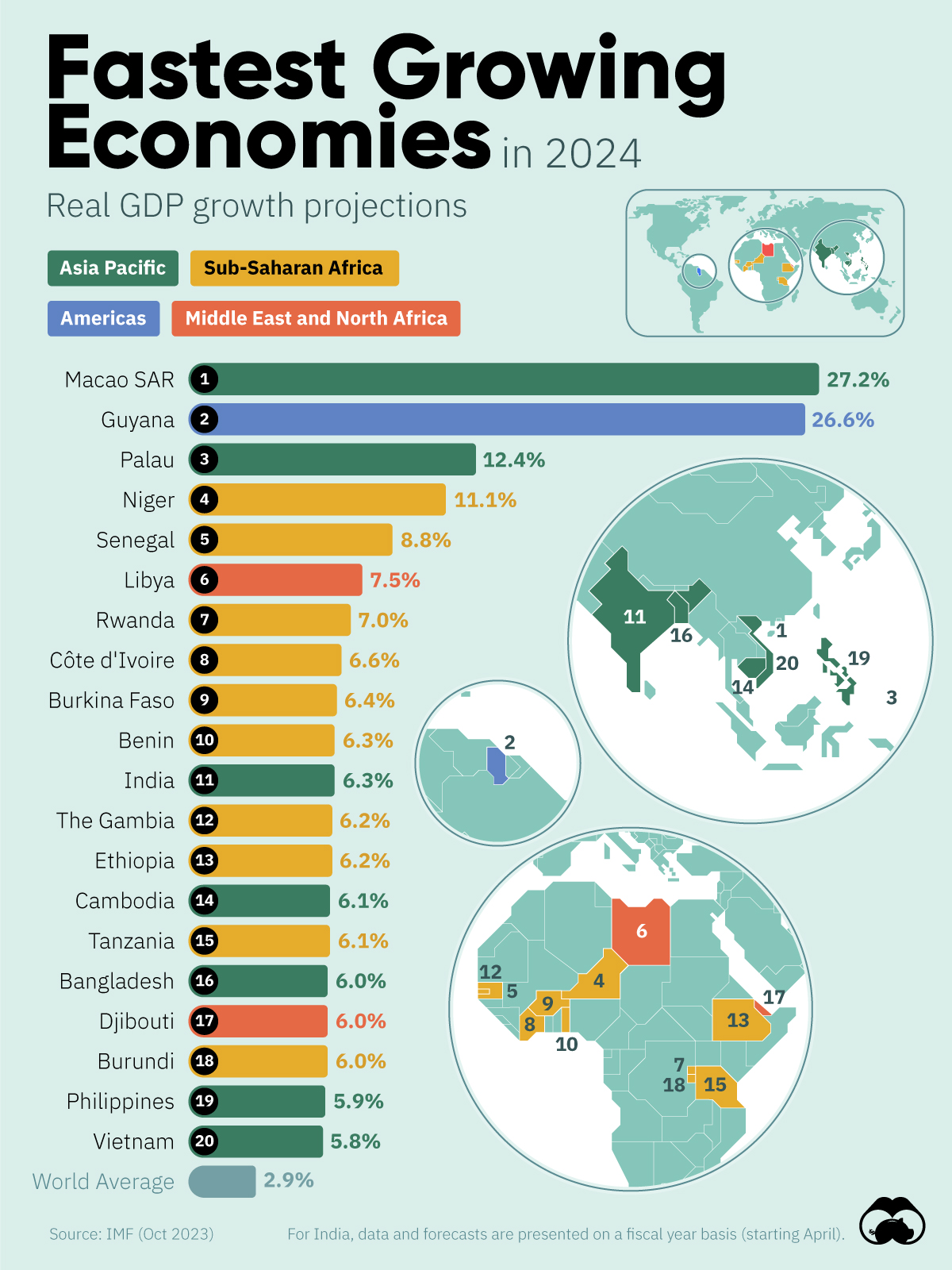The WHO's Assessment Of A Novel COVID-19 Variant

Table of Contents
The WHO's Variant Classification System
The WHO employs a Greek letter naming system to identify COVID-19 variants, starting with Alpha, Beta, Gamma, Delta, and most recently, Omicron, and its sub-variants. This system provides a standardized and easily understood method for communicating about new variants globally. This naming system is crucial for streamlining information sharing and preventing confusion caused by numerous informal names.
The classification of these variants relies on several key criteria, categorizing them as either Variants of Concern (VOC) or Variants of Interest (VOI). The distinction is critical for directing public health responses and resource allocation.
Criteria for Classification:
- Increased transmissibility: Variants that spread more easily than previous variants are of significant concern. This includes factors such as the basic reproduction number (R0) and the rate of community transmission.
- Increased severity of disease: Variants leading to more severe illness, higher hospitalization rates, or increased mortality rates are classified as more dangerous.
- Reduced effectiveness of vaccines or treatments: Variants capable of evading the protective effects of vaccines or rendering existing treatments less effective raise serious public health concerns. This includes reduced vaccine efficacy against infection, severe disease, and transmission.
- Immune escape capabilities: The ability of a variant to escape the immune response generated by previous infection or vaccination is a key criterion for classifying a VOC. This can lead to reinfections and increased spread.
- Changes in clinical presentation: Any noticeable changes in the symptoms associated with the infection can also influence classification, impacting treatment strategies and diagnostic approaches.
The WHO's classification process relies heavily on scientific evidence and rigorous data analysis, drawing upon genomic sequencing data, epidemiological studies, and laboratory-based research from around the globe. This collaborative approach ensures the assessments are robust and informed by the broadest possible range of expertise.
The Process of Assessing a Novel COVID-19 Variant
The WHO's assessment of a novel COVID-19 variant is a multi-stage process, involving a complex interplay of scientific disciplines and international collaboration. The process begins with the detection of a new variant through genomic sequencing and phylogenetic analysis. This analysis helps determine the evolutionary relationship between the new variant and existing strains.
Key Steps in the Assessment Process:
- Genome sequencing and phylogenetic analysis: Identifying the genetic makeup of the new variant and its relationship to previous strains.
- Laboratory studies: Conducting experiments to determine the variant's characteristics: infectivity (how easily it spreads), severity (how serious the illness it causes is), and immune escape capabilities.
- Epidemiological studies: Tracking the spread and impact of the variant within populations, including monitoring case numbers, hospitalizations, and deaths.
- Consultation with international experts and collaborating centers: Gathering input from leading virologists, epidemiologists, and other experts globally. The WHO works closely with a global network of collaborating centers and laboratories.
This collaborative approach ensures that the assessment takes into account various perspectives and data sources, providing a comprehensive understanding of the variant's potential impact. The data gathered informs the risk assessment, guiding the development of appropriate public health recommendations.
Implications of the WHO's Assessment
The WHO's COVID-19 variant assessment has profound implications for global public health strategies and resource allocation. The classification of a variant significantly influences various aspects of pandemic management:
- Public health recommendations: The assessment directly impacts recommendations related to testing strategies, vaccination campaigns, social distancing measures, and other public health interventions. For example, the emergence of a VOC might lead to recommendations for booster shots or updated vaccine formulations.
- Travel advisories and border control policies: The assessment plays a crucial role in informing international travel guidelines, potentially leading to travel restrictions or enhanced screening measures at borders.
- Vaccine development and adaptation strategies: The emergence of variants with immune escape capabilities accelerates efforts to develop updated vaccines that offer better protection against the new variants.
- Resource allocation for pandemic response: The assessment guides the allocation of resources to areas most impacted by the new variant, ensuring that public health systems are adequately equipped to manage the surge in cases.
The potential economic impact of a new variant is also considerable, affecting businesses, healthcare systems, and overall economic productivity. Understanding the implications of the WHO's assessments is critical for effective economic planning and mitigation strategies.
Communicating Risk to the Public
Effective communication of the WHO's findings to the public and healthcare professionals is essential. The WHO utilizes various channels—including press releases, websites, social media, and briefings—to disseminate information in a clear and understandable manner, avoiding technical jargon.
Combating misinformation and promoting evidence-based communication is a crucial aspect of this process. The WHO actively works to address misinformation and conspiracy theories, providing accurate, up-to-date information to counter false narratives. Clear, accessible communication is critical to build public trust and facilitate compliance with public health recommendations.
Conclusion
The WHO's assessment of novel COVID-19 variants is a critical process guiding global pandemic response. Their rigorous evaluation, grounded in scientific evidence and international collaboration, informs crucial public health decisions and helps mitigate the impact of new variants. Understanding the WHO's assessment process and its implications empowers individuals and governments to take proactive steps to protect public health.
Call to Action: Stay informed about the latest WHO COVID-19 variant assessments by regularly checking their website and official channels. Understanding the latest information on the WHO COVID-19 variant assessment is key to effective pandemic preparedness and response. Learn more about the WHO's ongoing work in COVID-19 variant surveillance and contribute to responsible information sharing.

Featured Posts
-
 Understanding April Rainfall Data And Analysis
May 31, 2025
Understanding April Rainfall Data And Analysis
May 31, 2025 -
 Beauticians Racial Slurs Lead To Property Damage No Jail Time
May 31, 2025
Beauticians Racial Slurs Lead To Property Damage No Jail Time
May 31, 2025 -
 April 2024 Outlook The Newest Updates
May 31, 2025
April 2024 Outlook The Newest Updates
May 31, 2025 -
 Cape Town Elephant Seal Causes Suburban Commotion
May 31, 2025
Cape Town Elephant Seal Causes Suburban Commotion
May 31, 2025 -
 Insacog Reports New Covid 19 Variants Ba 1 And Lf 7 In India Potential Risks Analyzed
May 31, 2025
Insacog Reports New Covid 19 Variants Ba 1 And Lf 7 In India Potential Risks Analyzed
May 31, 2025
